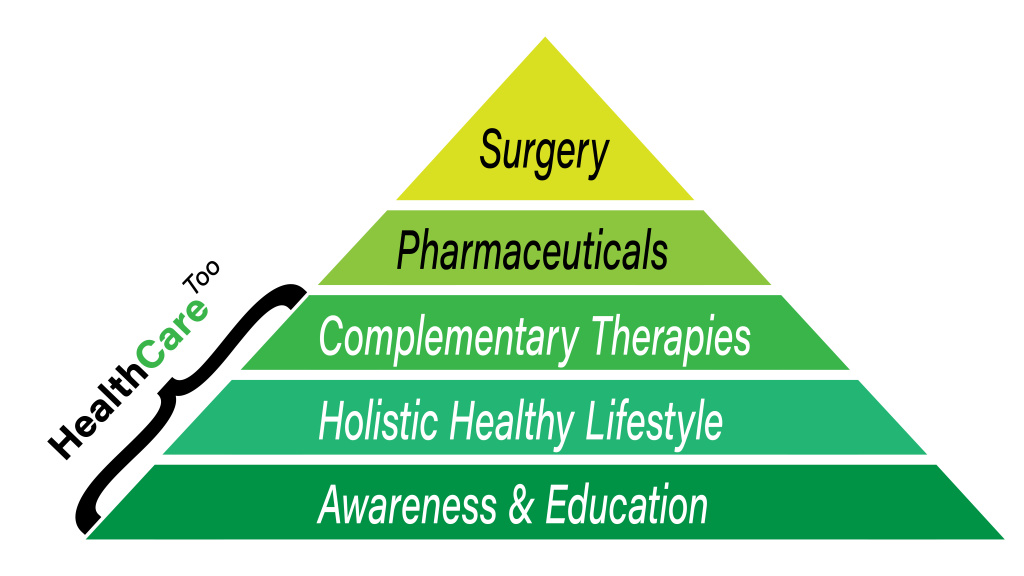Gut Health Affects Your Brain
More and more research shows that gut health affects your brain. Often overlooked in healthcare, the gut microbiome is slowly moving onto center stage. It will be interesting to see food as medicine where food prescriptions may replace pharmaceuticals for mental health and other areas.
TRUST YOUR GUT, but actually — it knows more than you think. There’s a direct line of communication between our gut microbiome and our brain, and within it is a wealth of essential information about our own wellbeing. Functional medicine nutritionist at The UltraWellness Center, Lisa Dreher is clarifying the fascinating (and very real) partnership between gut health and our brain’s neurotransmitter production. Fasten your wellness seatbelts and get ready for a deep dive
It can be easy to take the magical workings of our bodies for granted. There are so many complex interactions happening below the surface, many of them much more intricate that anything we learn about in health class. Neurotransmitters fall into this category, and they have a far greater impact than you might imagine. From the gut to the brain, neurotransmitters impact the function of the entire body, but especially how we feel emotionally and mentally.
In a nutshell, neurotransmitters are brain chemicals that are released from one neuron (nerve cell) that crosses over a tiny gap called a synapse to another neuron, then binds onto a receptor. Neurotransmitters can either excite or inhibit the neurons they bind to, which communicates important information throughout the brain and the body. We rely on this communication every second of every day to stay alive and function optimally. These reactions are responsible for keeping your lungs breathing, stomach digesting and heart beating. They affect things such as sleep, mood and feelings.
Source: Here’s How Your Gut Microbiome Actually Effects Your Brain – The Chalkboard
You may also enjoy Personalized Nutrition & Gut Health: 5 Important Facts Worth Knowing




